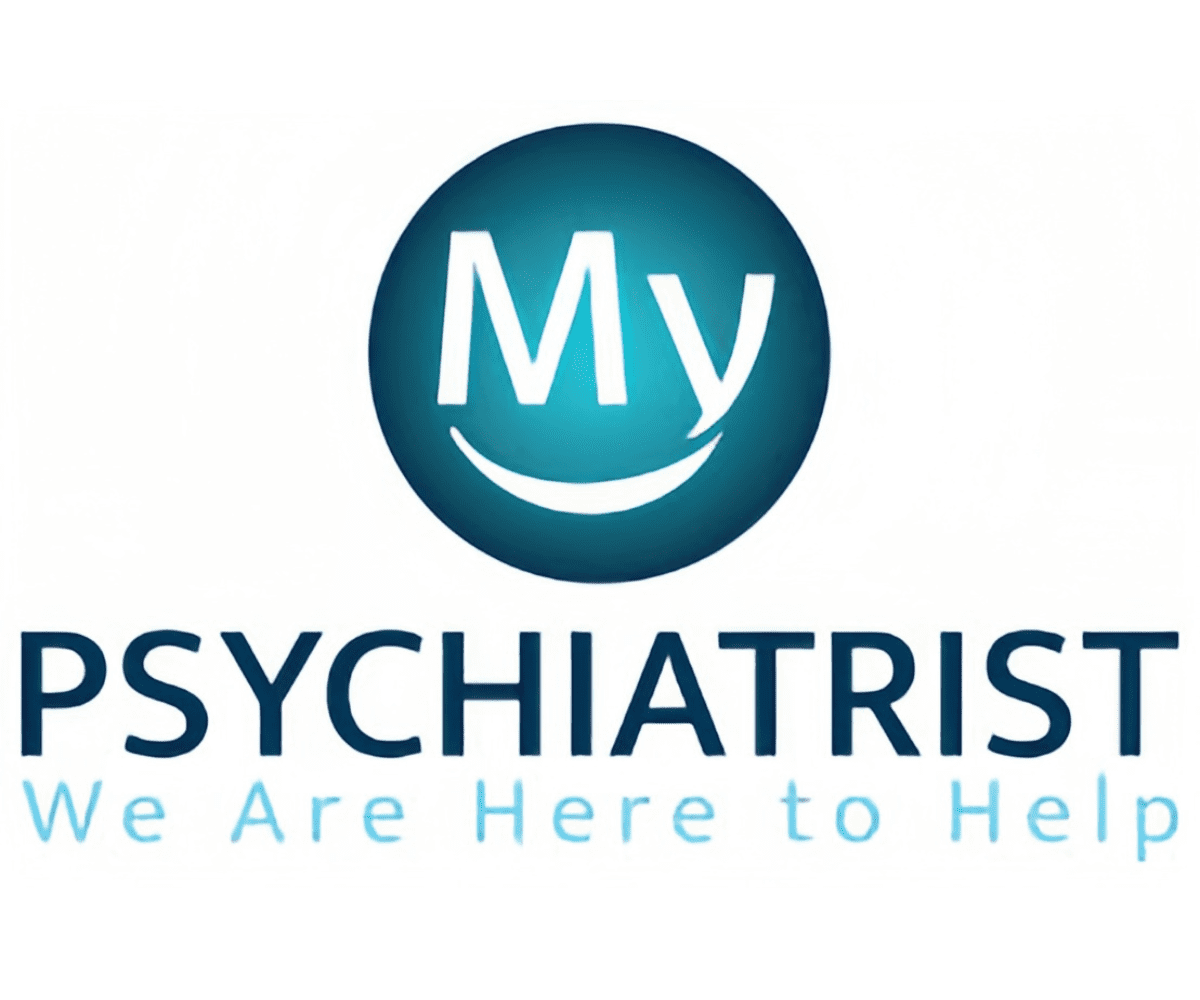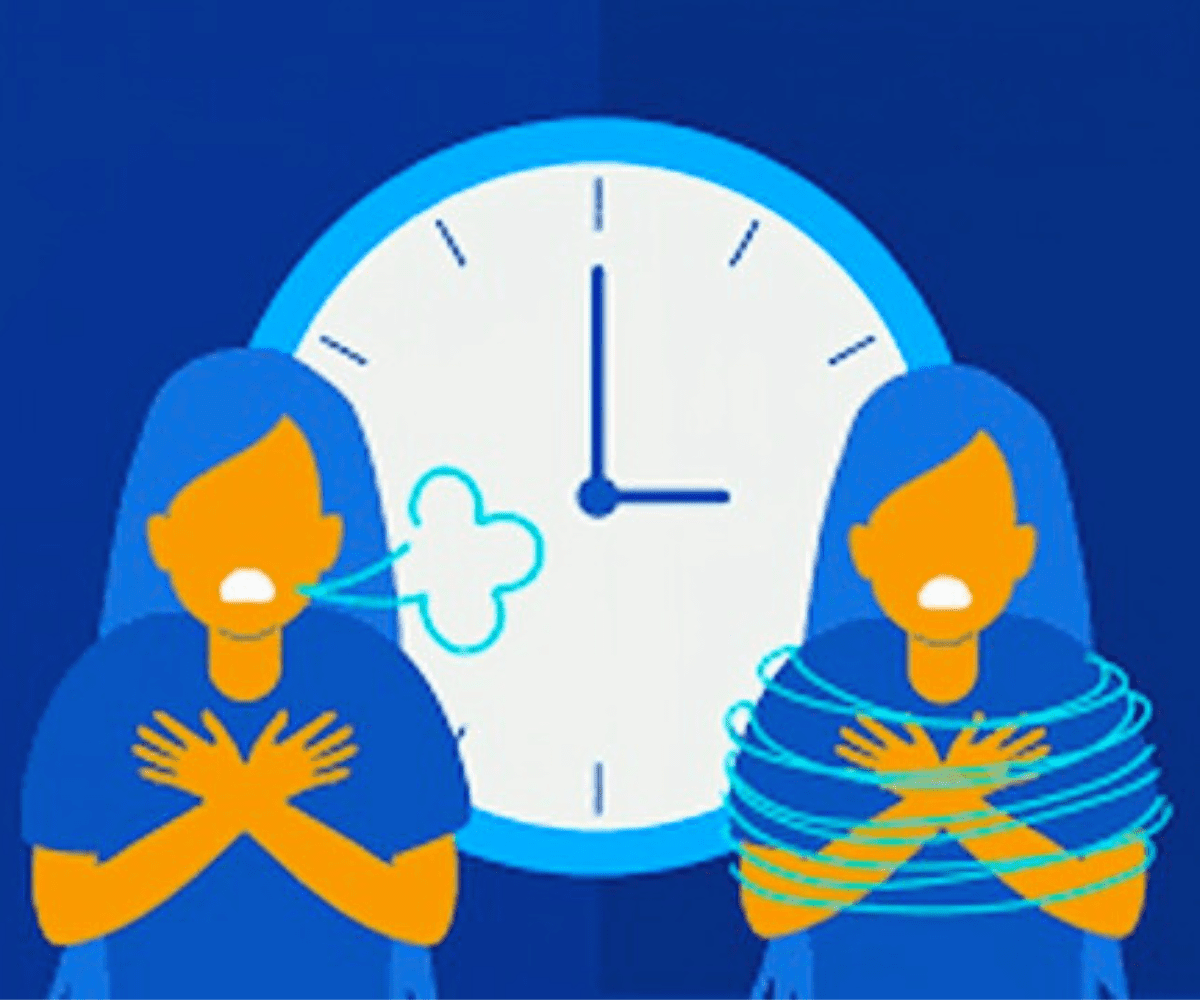How to Communicate Effectively with Your Psychiatrist: A Comprehensive Guide
How to Communicate Effectively with Your Psychiatrist: A Comprehensive Guide

Introduction Seeing a psychiatrist can be a daunting experience, especially if you’re not sure what to expect. However, effective communication is key to getting the most out of your treatment. In this helpful guide, we’ll look at the best ways to talk to your psychiatrist. It’s all about feeling confident and getting the right care for you.
A psychiatrist is a doctor who knows a lot about mental health. They can give medicine, talk therapy, and make plans to help people with mental health problems. They understand how our bodies, minds, and lives affect our mental health.
Getting Ready for Your First Visit Before you go to your first meeting, get some things ready to help you make the best of your time with your doctor:
- Make a List of Your Concerns: Write down the symptoms or issues you’d like to discuss, as well as any questions you have. This will help you stay focused and ensure you cover everything during the appointment.
- Get Your Medical History: Bring any papers about your health, like what the doctor said before, the medicine you take, and any treatment you had. This will help your psychiatrist understand you better and give you the right care.
- Reflect on Your Goals: Think about what you hope to achieve from your treatment. Do you want to manage a specific condition, improve your overall well-being, or learn coping strategies? Communicating your goals will help your psychiatrist tailor the treatment plan to your needs.
Effective Communication During the Appointment
During the appointment, effective communication is crucial. Here are some tips to help you get the most out of your time with your psychiatrist:
- Be Honest and Open: It’s important to be honest about your symptoms, thoughts, and feelings. Your psychiatrist can only provide the best possible care if they have a clear understanding of what you’re experiencing.
- Ask Questions: Don’t be afraid to ask questions if you don’t understand something or if you need further clarification. Your psychiatrist is there to help you, and they should be happy to address any concerns you have.
- Speak Up: If you’re uncomfortable with a particular treatment or medication, let your psychiatrist know. They can work with you to find an alternative that better suits your needs.
- Listen carefully: Pay very close attention to what your psychiatrist tells you. This will help you understand your condition and the treatment they suggest.
- Remember to bring a small notebook and pen so you can write down important details like the names of your medicines, how much to take, and when your next appointments are.
Creating a Teamwork Relationship:
Good connections between patients and psychiatrists grow when they trust each other, show respect, and work together. Here are some ways to foster a positive and productive working relationship:
- Be an Active Participant: Don’t just passively accept your psychiatrist’s recommendations. Engage in the process by sharing your thoughts, concerns, and preferences.
- Follow Through on Recommendations: If your psychiatrist recommends a particular treatment or lifestyle change, make an effort to follow through. This shows your commitment to the process and can help improve your overall outcomes.
- Provide Feedback: If something is or isn’t working for you, let your psychiatrist know. This feedback can help them fine-tune the treatment plan and ensure it’s the best fit for your needs.
- Be Patient and Persistent: Achieving optimal mental health can be a journey, and it may take time to find the right combination of treatments and strategies. Stick with the process, and don’t hesitate to advocate for yourself if you feel your needs aren’t being met.
Facing Problems and Hurdles

It’s important to know that getting better mentally isn’t always easy. Sometimes you’ll have problems or things won’t go well, but if you handle them right, you can get through them.
- Communicate Openly: If you’re struggling with a particular aspect of your treatment, share your concerns with your psychiatrist. They can help you identify the problem and find a solution.
- Be Flexible: Your treatment plan may need to be adjusted over time as your needs and circumstances change. Approach these changes with an open mind and a willingness to try new approaches.
- Don’t Give Up: Achieving mental health can be a lifelong process, and it’s not uncommon to experience periods of difficulty. Persist, and trust that with the right support and treatment, you can overcome any obstacles.
It’s really important to talk well with your psychiatrist so you can get the help you need. To do this, get ready for your appointments, be truthful, and work together. This way, you can be more involved in your mental health progress and get the best results possible. Always remember, your psychiatrist wants to help you, so feel free to ask questions, share your thoughts, and speak up about what you need.
FAQs
-
How often should I see my psychiatrist?
The frequency of your visits will depend on your specific needs and the severity of your condition. Some patients may see their psychiatrist weekly, while others may visit monthly or every few months. Your psychiatrist will work with you to determine the appropriate schedule based on your progress and treatment plan.
- What steps can I take if I feel uneasy with my psychiatrist?
If you’re not comfortable with your psychiatrist, it’s important to communicate your concerns. You can start by discussing the issue with your psychiatrist and see if the situation can be resolved. If not, you may wish to consider finding a new psychiatrist who is a better fit for your needs and communication style.
- Am I allowed to bring a family member or friend along with me to my appointment?
Sure! Lots of people feel better when someone they trust, like a family member or friend, goes with them to doctor appointments. It can help them feel supported and make sure they understand everything the doctor says.
- What if I forget to mention something during my appointment?
If you forget to mention something important during your appointment, don’t worry. You can always follow up with your psychiatrist via phone, email, or during your next visit. They understand that it can be easy to forget things, and they’ll be happy to address any additional concerns you have.
- How can I make the most of my time with my psychiatrist?
To get the most out of your time with your doctor, make a list of things you want to talk about. Tell them how you really feel, ask questions, and be involved in your treatment. Remember, your psychiatrist is there to help you, so don’t be afraid to advocate for your needs.
